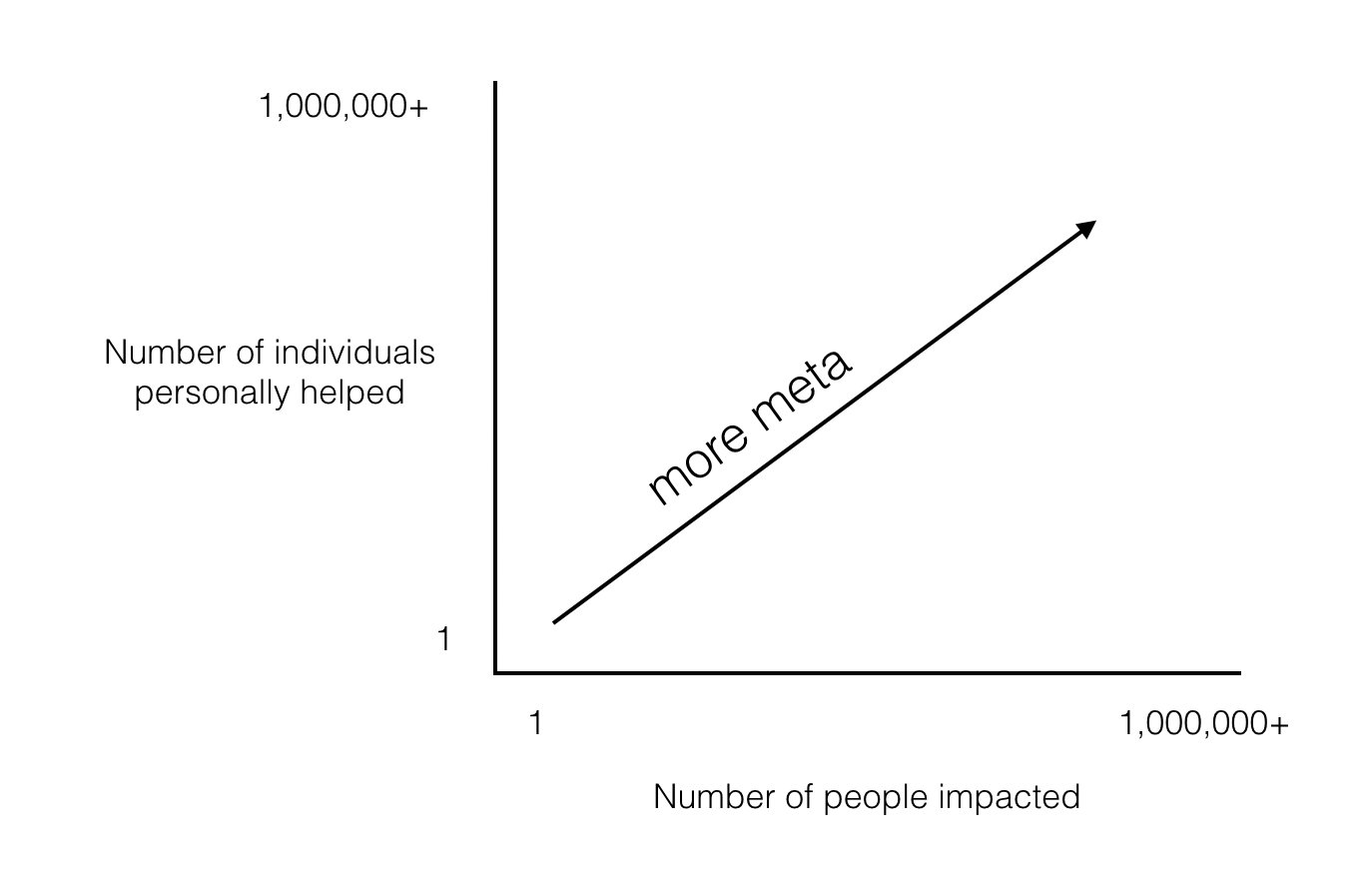After leaving Rackspace (post Exceptional acquisition), I was stuck with what felt (to me) like the ultimate first world problem. I didn’t know what company to start next.
In the end, I started Kettle & Fire bone broth. I also ended up buying another company, Fomo, in the marketing tools space — another space I knew well. Both are going well and I’m quite happy with where I ended up, but am disappointed with how naively I searched for my next “big” idea.
If I could do it all again, I’d start by thinking about something I’m calling the problem stack.
The Problem Stack
Successful startups solve problems. Therefore, it follows that — to build a successful startup — you have to solve a problem.
Easy, right?
Yes and no. You see, it almost entirely depends on the level at which you solve a problem.
Let’s say you find a problem — cancer, in this example — that you care about. It’s something that’s personally affects you, something you care deeply about, and something you’re willing to dedicate your life to working on. Oh, and you want to make some money in the process as well.
How could you best contribute to solving the problem of cancer?
On one level, you could volunteer to help those who have cancer. You could impact tens of people this way, and help them cope with their disease, help them with improving their diet and lifestyle, be a positive influence during the recovery process.
One another level, you could be a doctor — an oncologist, surgeon, nurse, or whatever best fits your inclinations. Over the course of your career, you could expect to help thousands of cancer patients.
On a different level (removed from individuals with cancer, but still working on the problem), you could work at a hospital, or for a cancer non-profit. Here, your work would impact many thousands of people over the course of your career as you contribute your bit to helping those with cancer.
Another level: building a hospital non-profit. Here’s where things start to get interesting, where the concept of leverage comes into play. If you build a successful hospital that helps treat cancer, you’re likely impacting tens of thousands of people over your lifetime… not to mention thousands more after you retire.
Yet another: start a company (or a lab) that works on basic cancer research. At this level, you have the ability to impact hundreds of thousands, possibly millions, of lives. Have a company that develops a drug that cures a class of cancer? Or discover something novel about how tumors grow and develop? Potentially millions impacted. Well done!
However, there’s a whole other level of problems we haven’t talked about. Meta problems.
Meta Problems
Here’s where I think things get really interesting. Everything to this point is part of the (vitally important) problem stack.
However, I think there are a class of problems — what I’m calling meta problems — that address a class of problems in a systematic way.
What am I talking about? Let’s take our earlier example. If you wanted to tackle cancer at the meta problem level, you could…
- Start a company or fund or lab that spins off / funds multiple companies trying to solve the cancer problem. Think what John Rockefeller did by investing in building multiple medical schools — that’s solving a problem at a meta level. He built an organization that would create individuals that could then solve health problems. Meta.
- To get even more meta (meta-er?), you could start a company or work on policy that increases the amount of funding going towards cancer, thus increasing the resources directed at solving the problem of cancer. This would be a meta-meta-level approach to solving the problem. And, it’d probably work! The more resources you were able to shift towards curing cancer, the more resources are available at every level of the problem stack.

This type of meta thinking is what I think Patrick Collison (founder of payments startup Stripe) is talking about when he says that Stripe “builds roads, not cars”. Stripe is building infrastructure (payments via Stripe, incorporation via Atlas) and making it easier for all kinds of businesses to come online more cheaply and more easily.
It bears repeating: there are multiple levels on which you can solve a problem. Meta level problems are about solving a class of problems, while problems lower on the problem stack are more specific.
To find your next idea, maybe the best thing to do would be identify a problem you care about and figure out the meta-level problem you could solve.
Leave a Reply